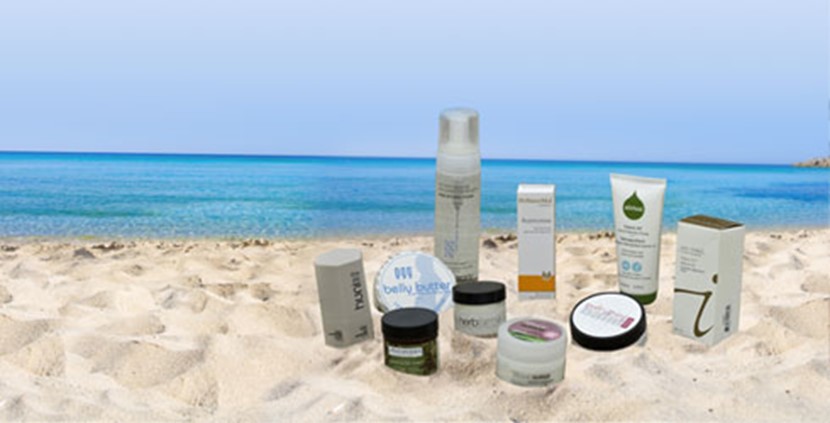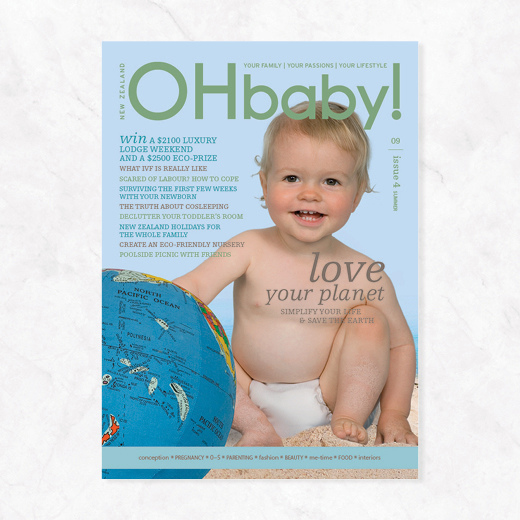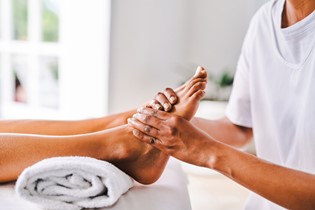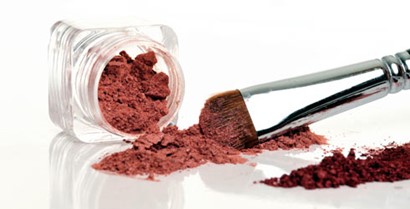Naturally beautiful

The push to develop new product is never so marked as in the beauty industry. New cosmetics hit the counter with such speed it can leave you whiplashed. But nothing has been so dominant in recent years as the growth in natural and organic products.
It isn't difficult to work out the reasons why. We're more environmentally aware, for a start. But we also now expect to live longer, healthier lives. We believe in the concept of wellness, like to take responsibility for ourselves, and, in the main, are more ethically minded. What we put on our skin has become almost as important as what we put in our mouths.
But are cosmetics made from natural ingredients better for you than those synthesised in a lab? Not necessarily. Poison ivy is natural, but that doesn't make it safe. Skin allergies also aren't restricted to chemicals; many people are allergic to ingredients as healthy sounding as arnica, lemon balm, or sage.
Perhaps even more salient is that the market for natural products isn't regulated. Plants and vegetables go off even when refrigerated; if they aren't preserved properly in your face cream, the chances of infection are high. It's very rare but the consequences can be serious - blindness isn't unheard of.
But that doesn't stop us from being keen on going natural, or for wanting to support products made from sustainable sources. It feels great to put something on your skin that you believe to be good for you - or produced in a way that's good for the planet.
There's little doubt that if your skin is sensitive, the plain-and-simple approach is better. Exposing your complexion to a cocktail of ingredients can be asking for trouble. Natural products are usually made up of fewer components and often contain goodies that are undeniably good for your skin, mainly natural moisturisers and antioxidants, of which there is a huge list.
Conversely, it also doesn't mean that synthetics aren't beneficial. There are clinically proven ingredients in conventionally formulated cosmetics, too. But substances such as dimethicones or cyclomethicones (actually silicones that show up in the vast majority of makeup, skincare and haircare products) somehow manage to sound suspicious even if they're not.
For the consumer, it can be downright confusing. Some products that claim to be natural, aren't. They may contain natural ingredients, but it's a small percentage. Others have a much higher percentage of natural ingredients, but do include small amounts of chemical preservatives to keep them stable.
And let's not even get started on the debate surrounding organics. It took Origins years to produce a limited line of totally organic products, mainly because the international certification processes are so stringent. Even the most benign of natural cosmetics - mineral makeup - can, in rare circumstances, be responsible for causing a reaction.
And while some do only contain pure mineral pigments, others may also include chemical preservatives. Fillers such as talc can also be added, although proponents claim talc is actually a natural mineral that plays a role in making the skin look less shiny and more iridescent.
Who to believe? The best you can do is educate yourself, read labels and, if you're avidly interested in protecting the planet, look out for products made from sustainable ingredients. Going natural is actually not as easy as it sounds.
Pictured above
Huni Every Day Whitening Cream ($49)
EGG Belly Butter ($19.90)
Antipodes Vanilla Pod Hydrating Day Cream ($44)
Giovanni Organic Hair Care Natural Mousse Hair Styling Foam ($24.50)
The Herb Farm Rosehip & Orange Body Butter ($22.70)
Dr Hauschka Rose Day Cream ($54)
Organic Surge Pure Extracts Blissful Moisturiser ($16.90)
Trilogy Everything Balm ($20.90)
Skinfood Cleans All Aloe & Manuka Honey Cleanser ($9.95)
Jane Iredale Dream Tint ($89)

AS FEATURED IN ISSUE 4 OF OHbaby! MAGAZINE. CHECK OUT OTHER ARTICLES IN THIS ISSUE BELOW

















